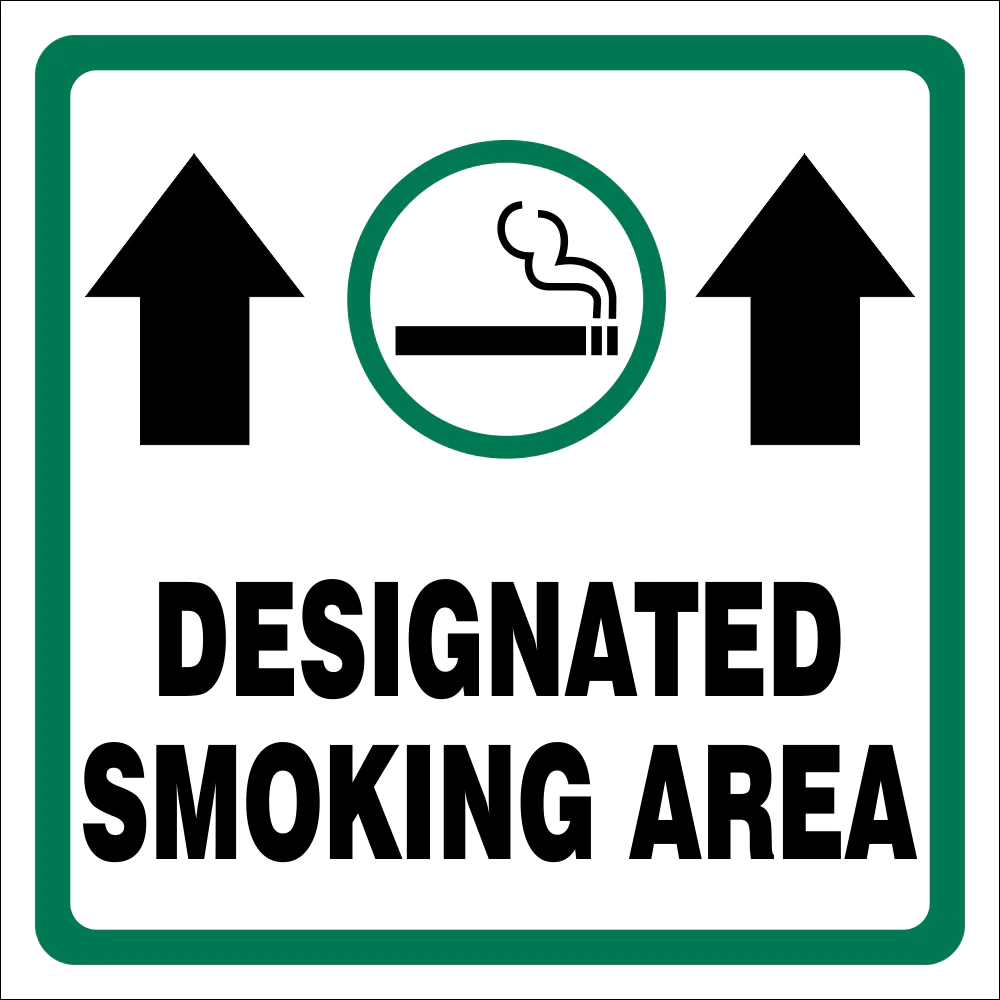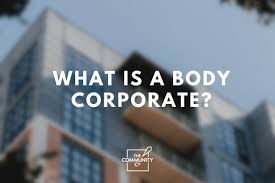The well-known saying “where there is smoke there is fire” rings so true in sectional title schemes. All forms of smoke nuisance can cause conflict within sectional title schemes. Examples of smoke nuisance include cigarette and cannabis smoke; braai smoke as well as cooking fumes.
What does the law say in regard to smoking in public places?
South Africa banned smoking in public places in 2000 with the adoption of the Tobacco Products Control Amendment Act 83 of 1993. Smoking is prohibited in restaurants, pubs, shopping centres and offices where there was no separate, enclosed smoking room. In 2009 smoking was banned in partially enclosed public places such as covered patios, verandas, balconies, walkways and parking areas, as well as smoking in cars where there were children under the age of 12 present. Smoking is banned on all domestic flights in South Africa; in all airport terminals; in all restaurants, pubs and offices with no designated smoking areas; on all public transport; in cinemas and shopping malls; and even in some hotel rooms. The penalties include fines for both the smoker and venue operator.
What does the law say in regard to smoking cannabis?
In 2018 Constitutional Court (Minister of Justice and Constitutional Development and Others v Prince) decided that certain sections of the Drugs and Drug Trafficking Act 140 of 1992 (Drugs Acts) Medicines and Related Substances Control Act 101 of 1965 (Medicine Act) are inconsistent with the right to privacy that is entrenched in the Constitution. It is now legal to possess, use and cultivate cannabis in private and for your private use, and therefore you can legally smoke cannabis in the privacy of your home. The using of cannabis in public, or growing it to sell, remains illegal. In our view the smoking of cannabis within your section is therefore legal, but smoking on common property is a grey (or smokey) area. Areas such as balconies, gardens and parking areas are located on common property and could be considered to be more like a public area.
What does the sectional title legislation say about smoke?
The Sectional Titles Schemes Management Act 8 of 2001 (the “STSM Act”) does not contain specific provisions that deal with smoke in sectional title schemes. The avoidance of nuisance is framed in more general terms. Section 13(d) of the STSM Act provides that an owner must “use and enjoy the common property in such a manner as not to interfere unreasonably with the use and enjoyment thereof by other owners or other persons lawfully on the premises”. Section 13(e) of the STSM Act furthermore provides that an owner must “not use his or her section or exclusive use area, or permit it to be used, in a manner or for a purpose which may cause a nuisance to any occupier of a section”.
What do the Management Rules say about smoke?
Prescribed management rule (“PMR”) 30(e) provides that “the body corporate must take all reasonable steps to ensure that a member or any other occupier of a section or exclusive use area does not do anything to a section or exclusive use area that has a material negative effect on the value or utility of any other section or exclusive use area.”
What do the Conduct Rules say about smoke?
Prescribed conduct rule (“PCR”) 7(3) provides that “the owner or occupier of a section must take reasonable steps to ensure that the owner or occupier’s visitors do not behave in a way likely to interfere with the peaceful enjoyment of another section or another person’s peaceful enjoyment of the common property.”
Smoke causing a nuisance
Smoke may cause a nuisance to others in the scheme or may also cause a material negative effect to other residents in the scheme. The body corporate can restrict smoke to the extent where it causes a nuisance or materially and negatively impact the other residents in the scheme. A “nuisance” can be defined as a civil wrong which is the unwarranted, unlawful, or unreasonable use of one’s property in a manner that substantially interferes with the enjoyment or use of another individual’s property, without actual trespass or physical invasion of the land. The dictum of Buchanan J in Holland v Scott (1882) 307 (EDC) at 332 states the following for a nuisance to be considered actionable: “. . . the plaintiff must show that the inconvenience complained of is in fact more than fanciful, more than one of mere delicacy or fastidiousness; that it was inconvenience materially interfering with the ordinary comfort, physically, of human existence, not merely according to elegant or dainty modes and habits of living, but according to plain and sober and simple notions.”
Smoking dispute resolution
In order to regulate what is appropriate and allowed within your scheme we recommend that sectional title schemes adopt specific rules that relate to the creation of smoke through braais and fireplaces, as well as through smoking. It may be prudent to incorporate a penalty rule that allows for fines to be enforced for smoking rule infringements. It is essential that all evidence of the smoke nuisance is collected such that the allegations in the warning and final notice as well as the hearing are justified. Photos, videos, logs of times that smoke nuisance was occurring, and sworn affidavits by witnesses should suffice as evidence.
Where disputes arise that are not capable of being resolved amicably within the scheme, the owners or body corporate can declare a dispute at the Community Schemes Ombud Service. The CSOS will attempt to resolve the dispute through conciliation. Where that fails the CSOS is capable of resolving the dispute by granting an adjudication order that is as enforceable as an order of the High Court. The appropriate prayer for relief is section 39(2)(a) of the Community Schemes Ombud Service Act 9 of 2011 which states that:
“An application made in terms of section 38 must include one or more of the following orders: In respect of behavioural issues – an order that particular behaviour or default constitutes a nuisance and requiring the relevant person to act, or refrain from acting, in a specified way.”













